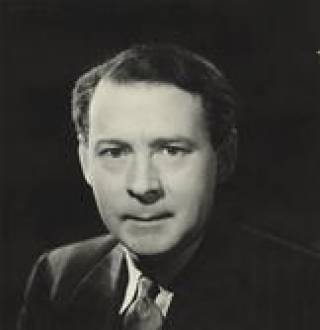
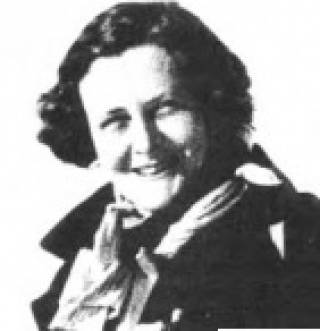
In 1927 the death of Herbert Foxwell ended nearly half a century under his professorship. As his successor the college appointed Noel Hall, initially as lecturer and then as professor from 1935. Heading the department until 1938, he left to take up the directorship of the newly founded National Institute of Economic and Social Research.
His successor, Hugh Gaitskell, was drawn from the department's lecturers and promoted to reader but his tenure was short as war began and he left to rejoin Hall at the Ministry of Economic Warfare. When war ended, he turned down the offer of the department's professorship to seek, successfully, election as a Labour MP and was soon promoted to ministerial position, firstly as Minister for Fuel and Power, later as Chancellor of the Exchequer in 1950-1. He replaced Attlee as leader of the Labour party after electoral defeat in 1955, led the party through another electoral loss in 1959 but died in early 1963 as Labour approached eventual return to power in late 1964.
Amongst lecturing staff in the department from 1933 onwards was Doreen Warriner, development economist. In 1938, appalled at the Munich agreement, she abandoned her work and flew to Czechoslovakia to organise the escape of several thousand at risk from Nazism, continuing even after the Gestapo entered Prague in 1939. After the war, she resumed her career at the School of Slavonic and East European Studies, now part of UCL.
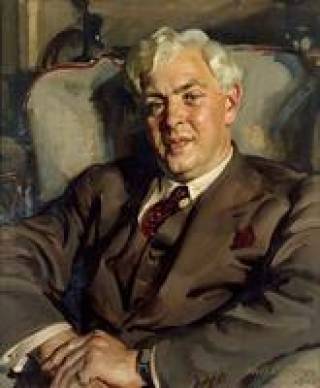
The department itself avoided the bombing risk of its London location by evacuation to Cambridge for the duration of the war, under the headship of Paul Rodenstein-Rodan, a Polish economist of Austrian leanings who left for Princeton in 1947.
From then until 1965 the department was led for almost two decades by George Cyril Allen, an expert on the Japanese economy and specialist in industrial policy who influenced and sat on the newly-created Monopoly and Restrictive Practises Board. At his retirement the post of Head of Department was split for four years between the Greek economist and trade specialist, John Spraos, and Marian Bowley, the department's first (and the country's second) female professor, specialist in the history of economic thought and in the economics of housing and daughter of Arthur Bowley who had lectured in the department in the 1890s.
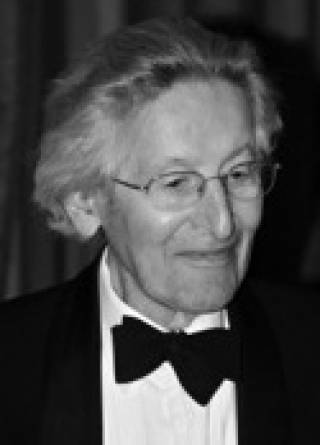
The post of head was taken on from 1969-75 by Wilfred Beckerman, still often seen in the department as an active honorary visiting professor, whose interests covered growth and the environment and poverty and income maintenance, and after him from 1975-9 by Tony Atkinson, public economist and pioneer of inequality measurement.
By the end of the 1970s both had left. Over the next five years the department went through several headships -- John Spraos again, Wilfred Corlett and, briefly, David Henderson. With 150 years by now passed from its foundation, a perception that it no longer held the place it once had in the discipline led to questioning of its future role.
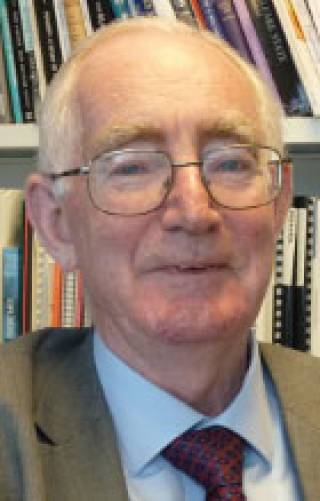
The appointment of David Pearce in 1983 to head the department brought expertise in his specialism of environmental economics and led eventually to the establishment of a centre to research the topic. The department changed formally from the Department of Political Economy to the Department of Economics. Richard Blundell followed him in 1984 and brought with his headship from 1988 onwards a focus on applied microeconomics, encouraged by appointment of lecturing staff specialising in the field, many associated with the nearby Institute for Fiscal Studies. The intellectual influence on this strand of work of Irish applied microeconomist and visiting professor at the time, Terence Gorman, is commemorated in the department's annual Gorman Lectures. Subsequently another research concentration in game theory was established with the arrival of Ken Binmore and other specialists in the field.
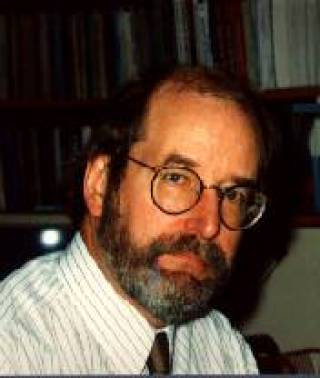
In 1992 the department was placed, along with many others, in the topmost category by the Research Assessment Exercise and four years later, when the more exclusive 5* rating was introduced, it was one of only three to be put in it. Soon after, it's teaching was also given topmost grading, making it, for a time, the only department in the country to be ranked at the highest level in both research and teaching. From an uncertain future 20 years earlier it had now reconfirmed its national status. Its growing international standing was recognised when it hosted the 2005 World Congress of the Econometric Society.
Decades-long periods under the headship of single individuals have become a thing of the past, not only in economics but across the college. Heads of department of recent decades have served for fixed terms -- namely David Ulph (1992-1997), Stephen Smith (1997-2002), Stephen Machin (2002-2005), Costas Meghir (2005-2008), Steffen Huck (2008-2011), Morten Ravn (2011-2014) and Orazio Attanasio (2014-2017).
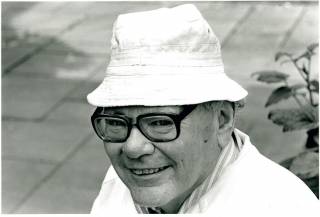
In research, the department has aimed to complement depth with breadth. Already established in applied microeconomics and game theory, it has developed specialisms further, for example, through centres in the economics of development, migration and education. Its expertise in microeconometrics has led to a centre in microdata methods. Latterly, its standing in macroeconomics has been strengthened. On the teaching side, it has looked to take a lead in curricular reform. Approaching its third century, the country's first department in the discipline maintains a position at the forefront of academic economics.
-by Ian Preston
 Close
Close

